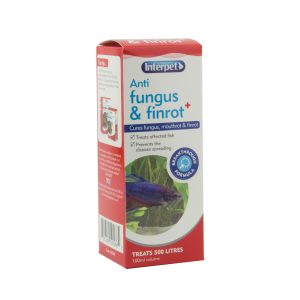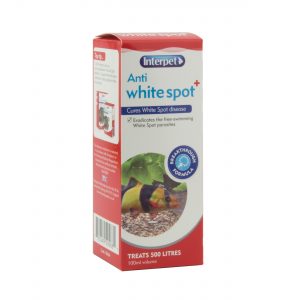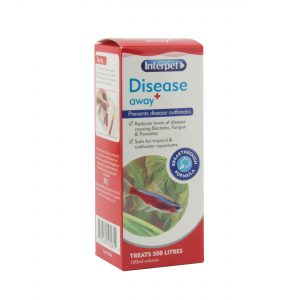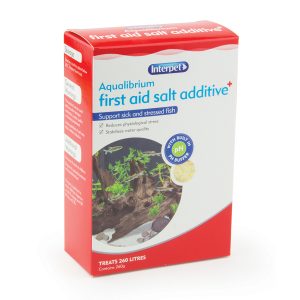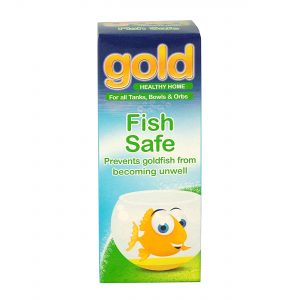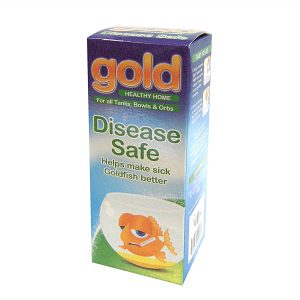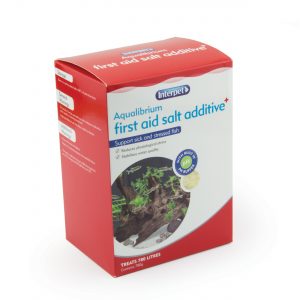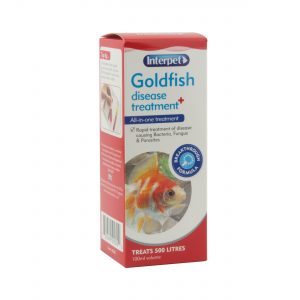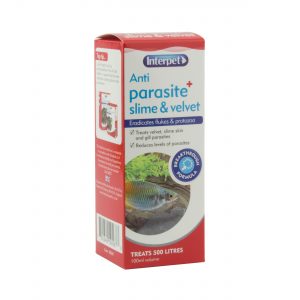Fish Treatments

Our range includes effective solutions for ammonia control, algae control, and efficient cleaning. Enhance the health and vitality of your fish with our premium products. Shop now and create a pristine and thriving aquatic environment for your fish.
What are some of the common types of fish diseases?
Fish diseases can be a common occurrence in both freshwater and saltwater tanks. These diseases can affect the health and well-being of your fish, potentially leading to serious consequences if left untreated.
Common fish diseases include:
- Ich (also known as white spot disease): This is caused by parasites and appears as small white spots on the fish’s body, fins, and gills.
- Fin rot: A bacterial infection that causes the deterioration of the fish’s fins and tail. This can be caused by poor water quality or injuries to the fins.
- Swim bladder issues: where a fish’s swim bladder becomes inflamed or damaged, leading to buoyancy problems and difficulty swimming.
- Fungal or bacterial infections: Can manifest as white cotton-like growths or open sores on a fish’s body. These happen due to bad water, injuries, or stress.
How can fish medicines and treatments help?
Fish medicines and treatments are designed to address these common fish diseases. They work by targeting the specific pathogens or issues causing the disease and providing relief and healing.
For example, treatments for ich typically contain ingredients that kill off the parasites causing the white spots. While treatments for fin rot usually contain antibacterial agents to fight off the infection.
What are the common signs that indicate my fish may need treatment?
Keep a close eye on the behaviour and appearance of your fish to identify any signs of illness or distress.
Here are some common signs that your fish needs treatment:
- Changes in behaviour – such as being lethargic, hiding more often, or not eating as usual, it could be a sign that they are not feeling well and may need treatment.
- Physical changes – such as white spots, torn or deteriorating fins, or growths on their body. These can be indicators of specific diseases that require treatment.
- Erratic swimming patterns – having trouble swimming properly or floating at the surface of the water. This may be a sign of swim bladder issues or another underlying health problem that needs to be addressed.
- Gasping for air – could signify poor water quality or a lack of oxygen. This can be a sign that your fish is experiencing stress and may need treatment to improve the water conditions.
- Changes in appetite – if your fish is suddenly not eating or has a decreased appetite, it could be a sign of illness or disease that requires treatment.
It’s essential to regularly monitor your fish and their environment to catch any signs of illness early on. Prompt treatment can help prevent the spread of diseases and improve the overall health of your fish.
Can I use fish treatments for all fish species?
Different fish species may have varying sensitivities to certain medications. Using the wrong medication can harm your fish and even be fatal.
Do your research before administering any treatments. They can provide guidance on the appropriate medications and dosages for your specific fish species.
